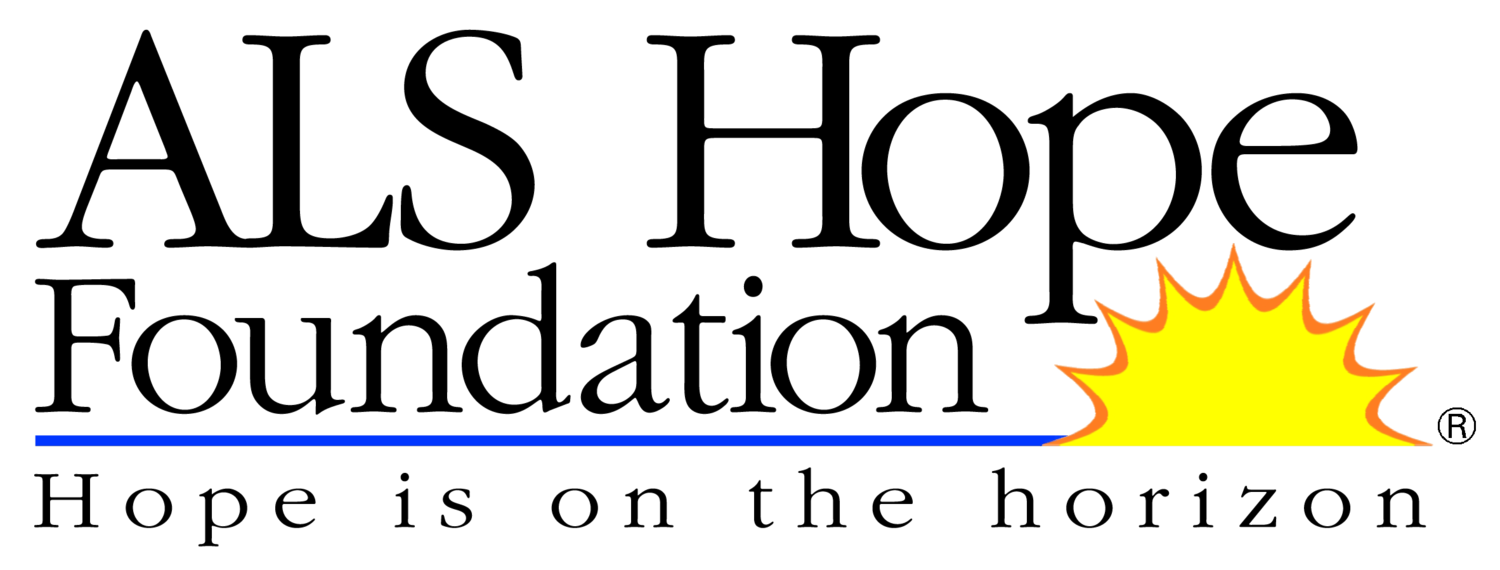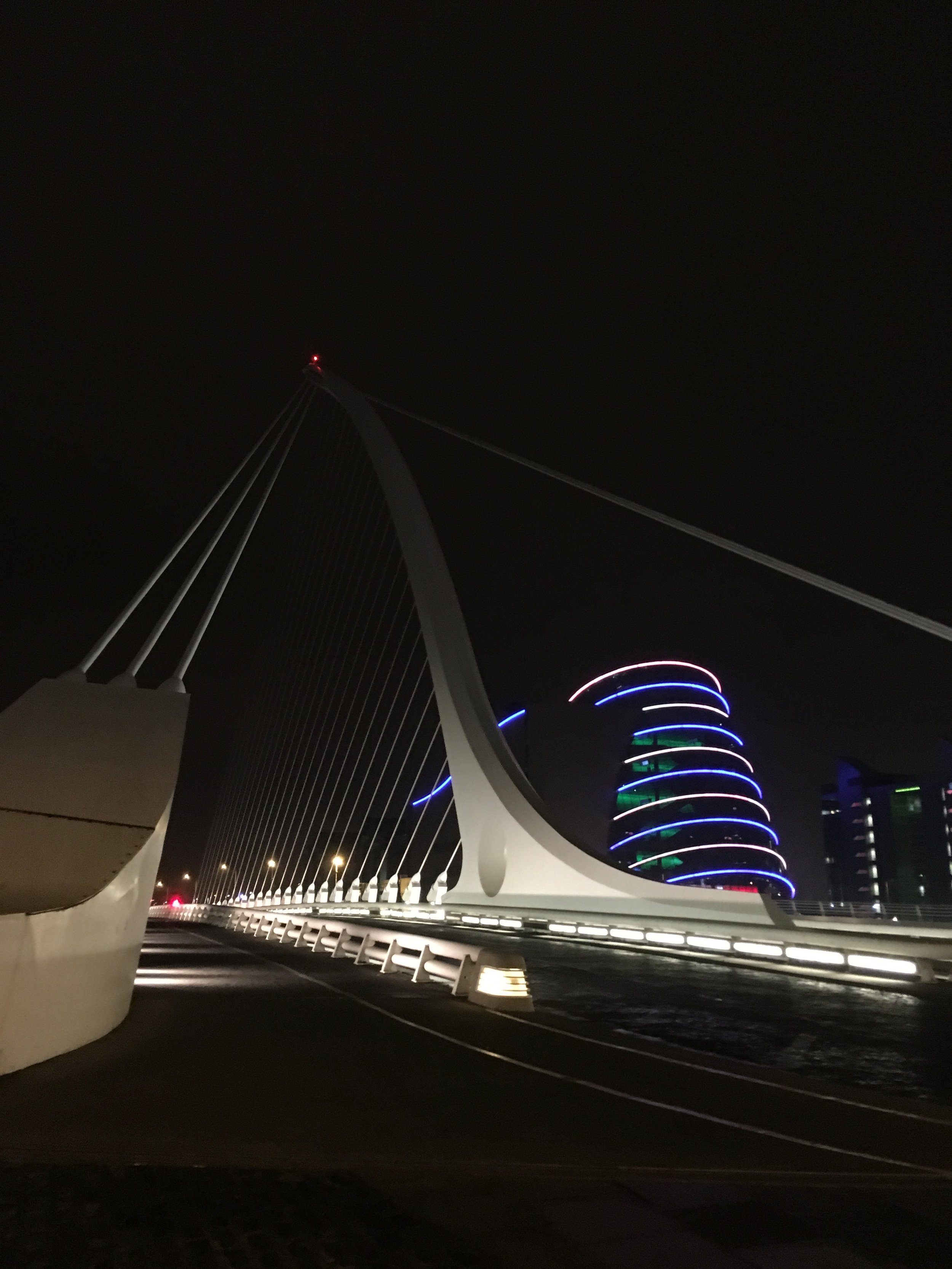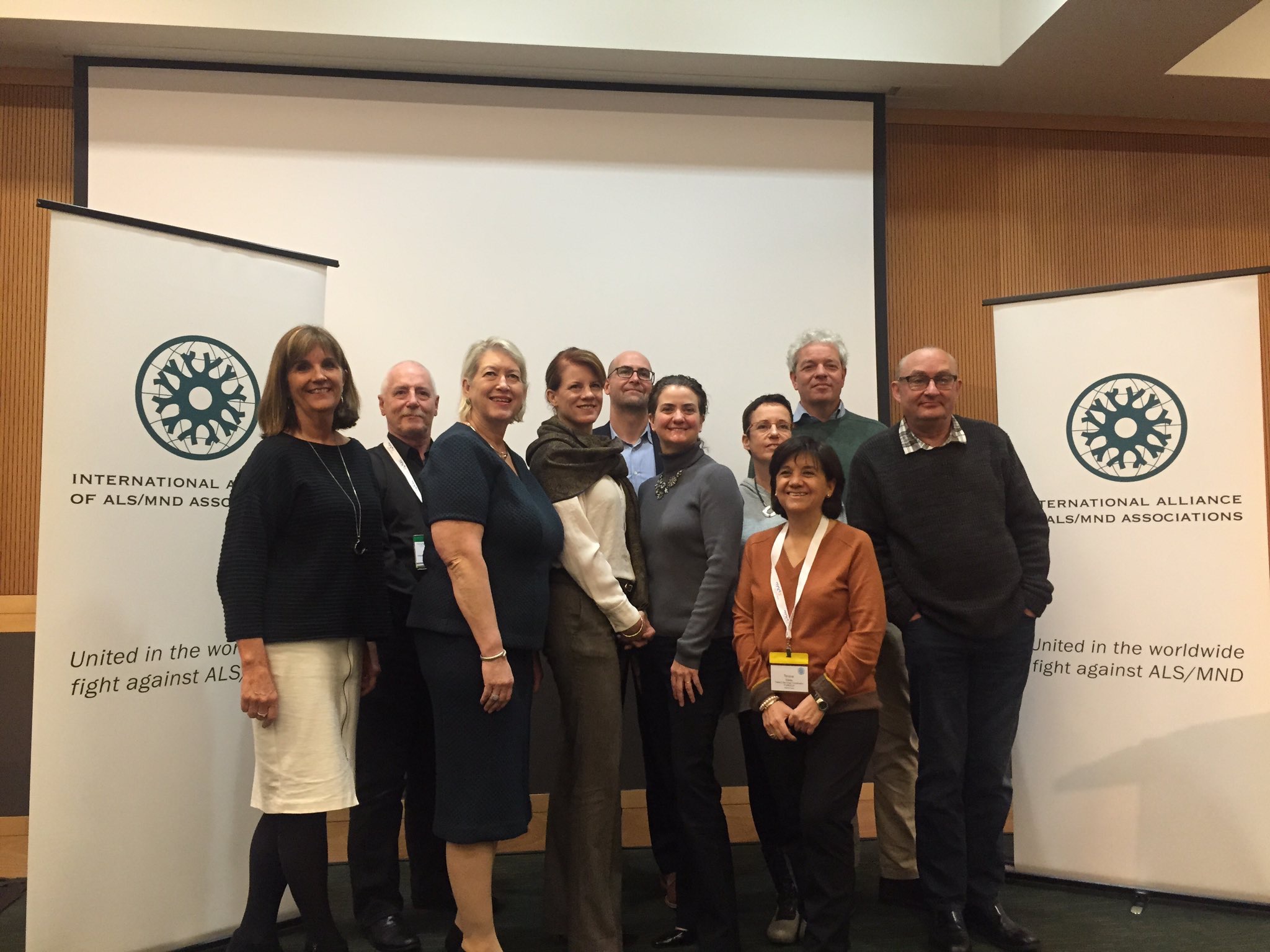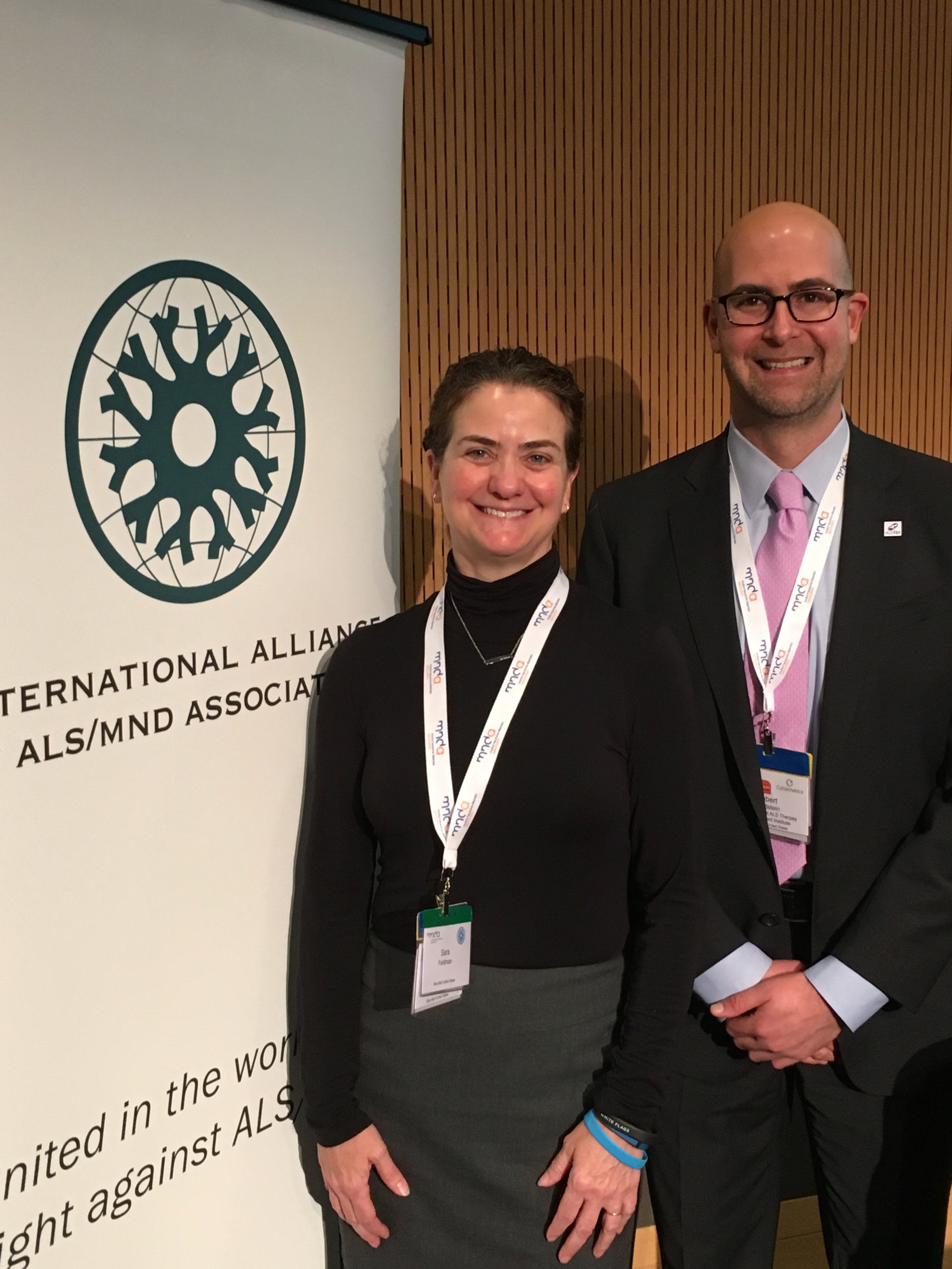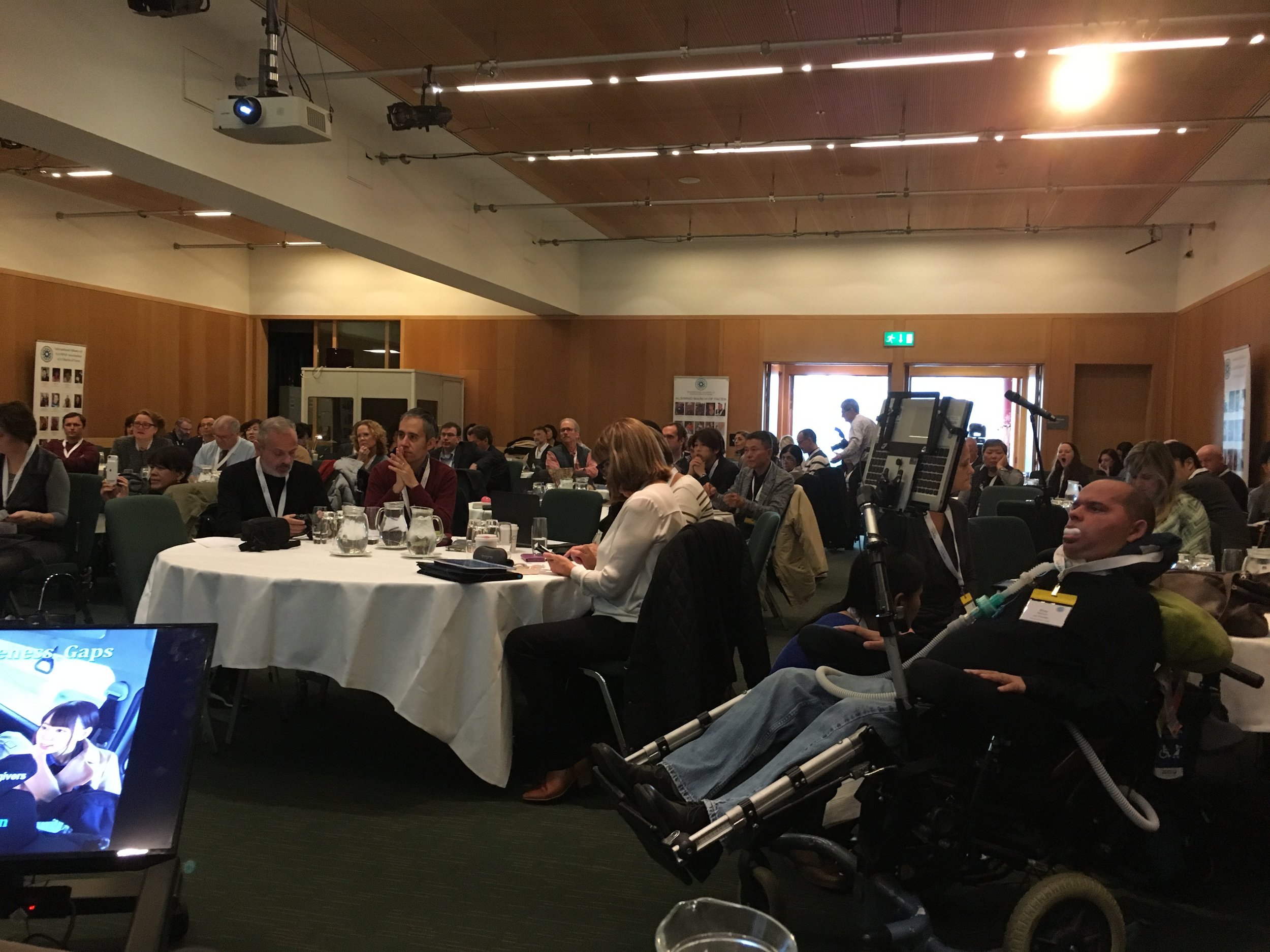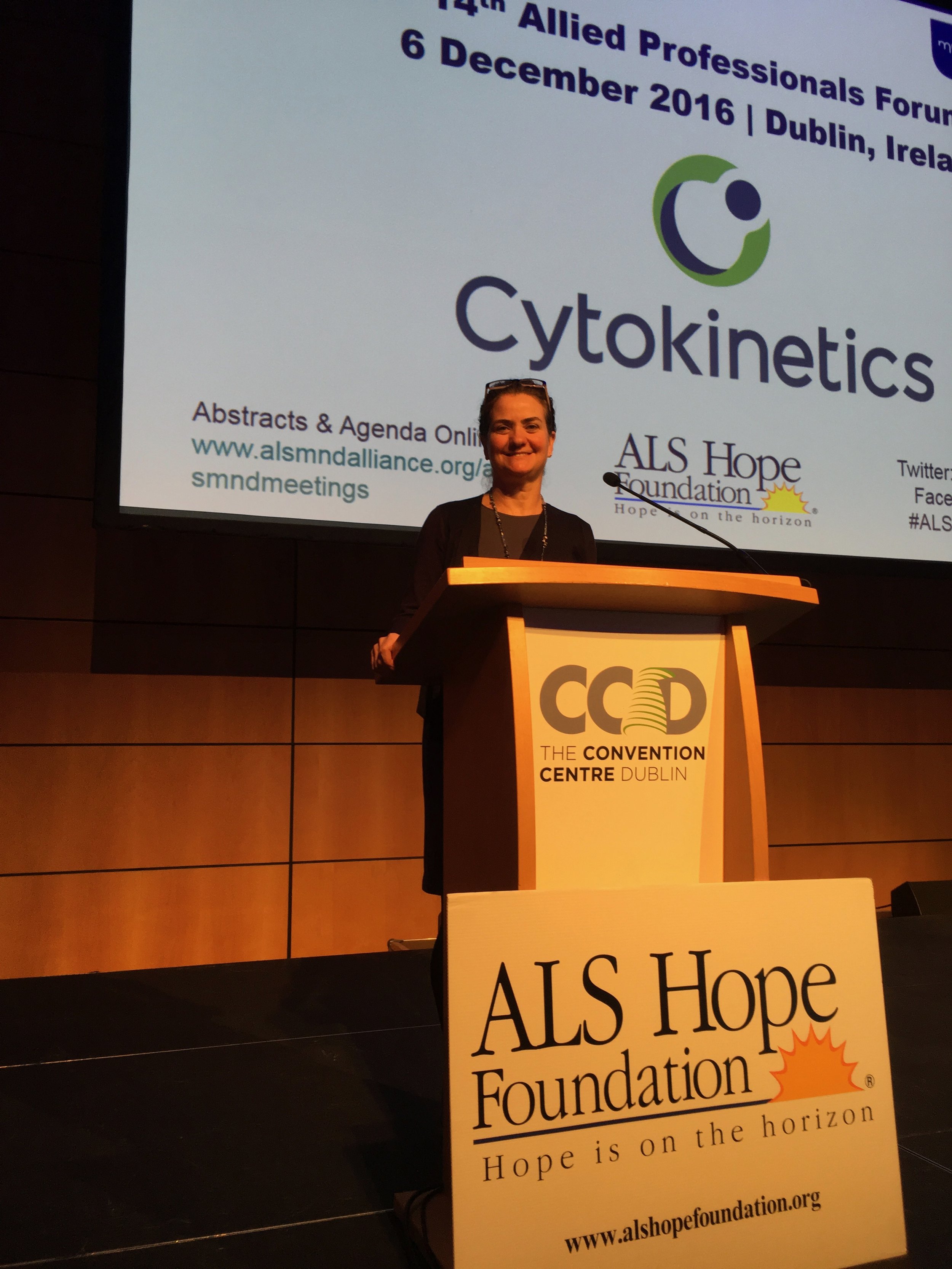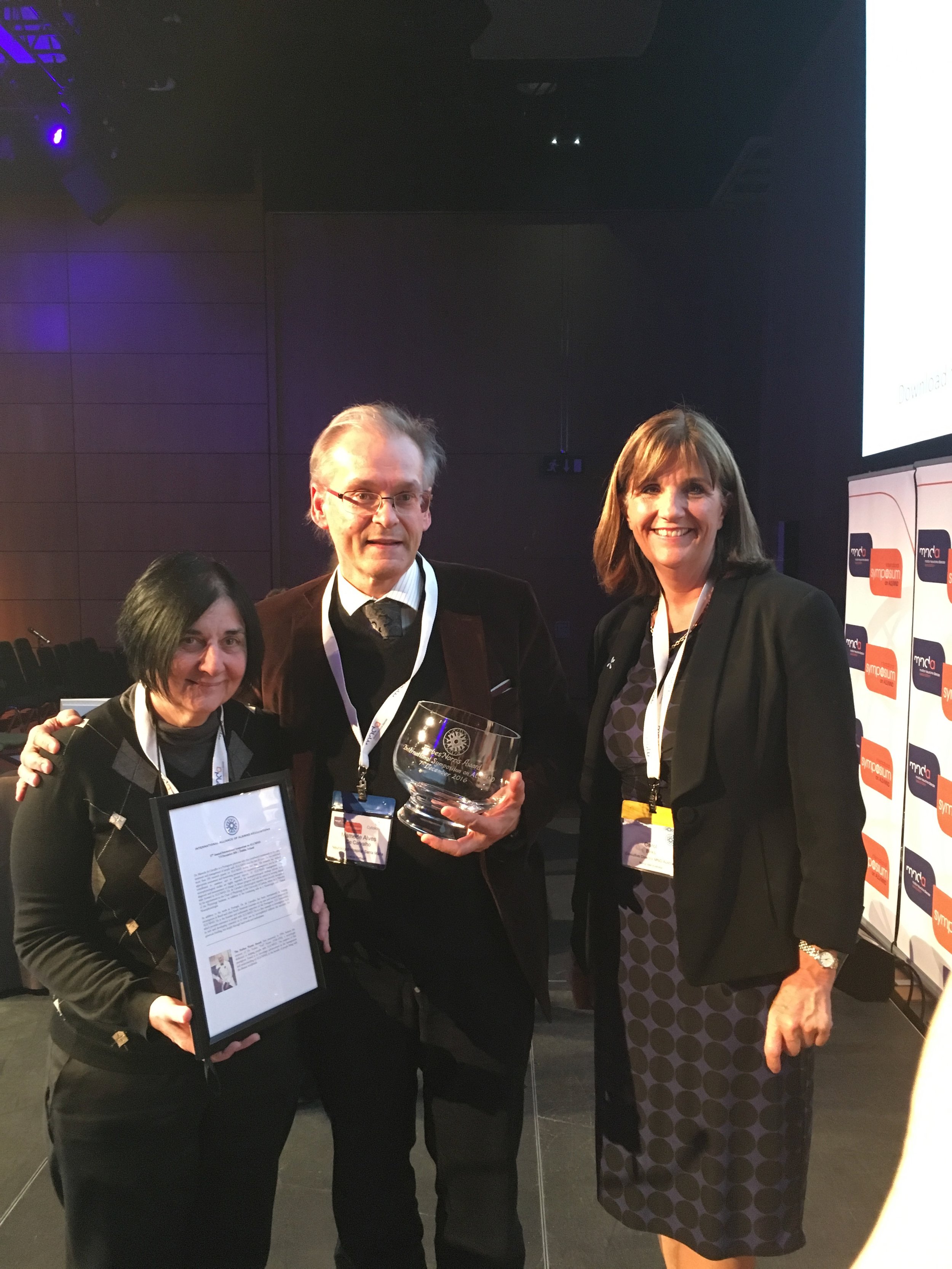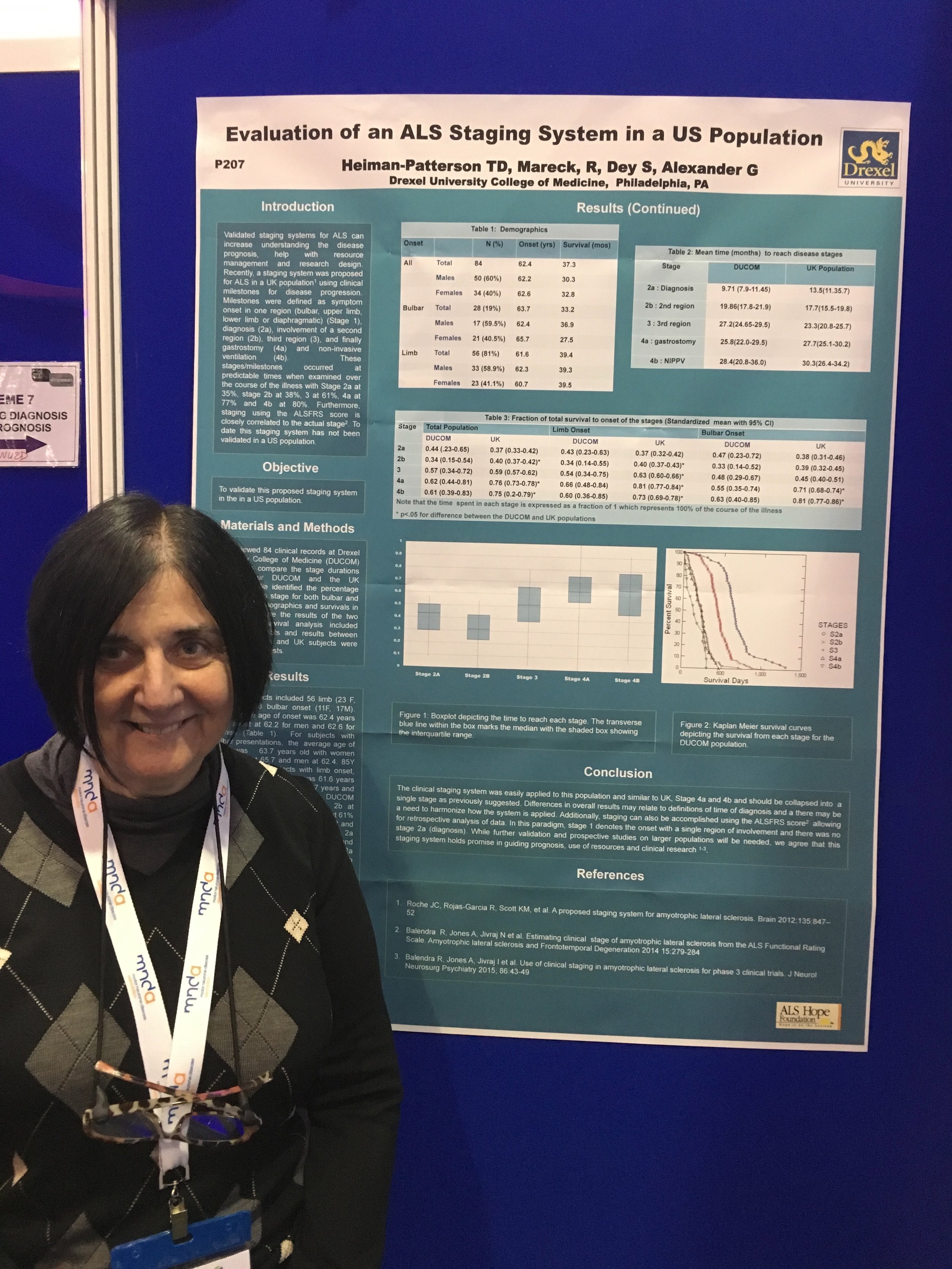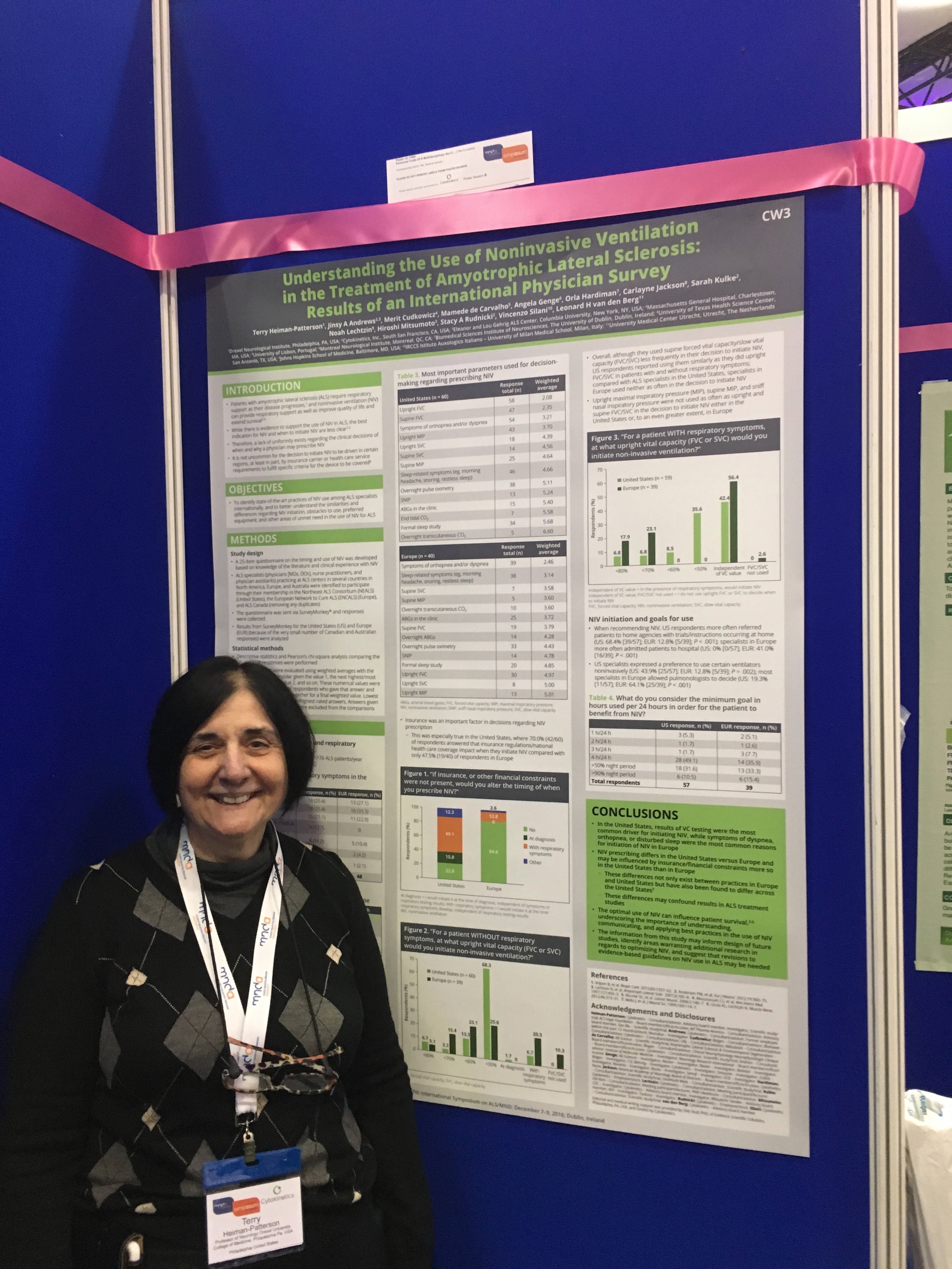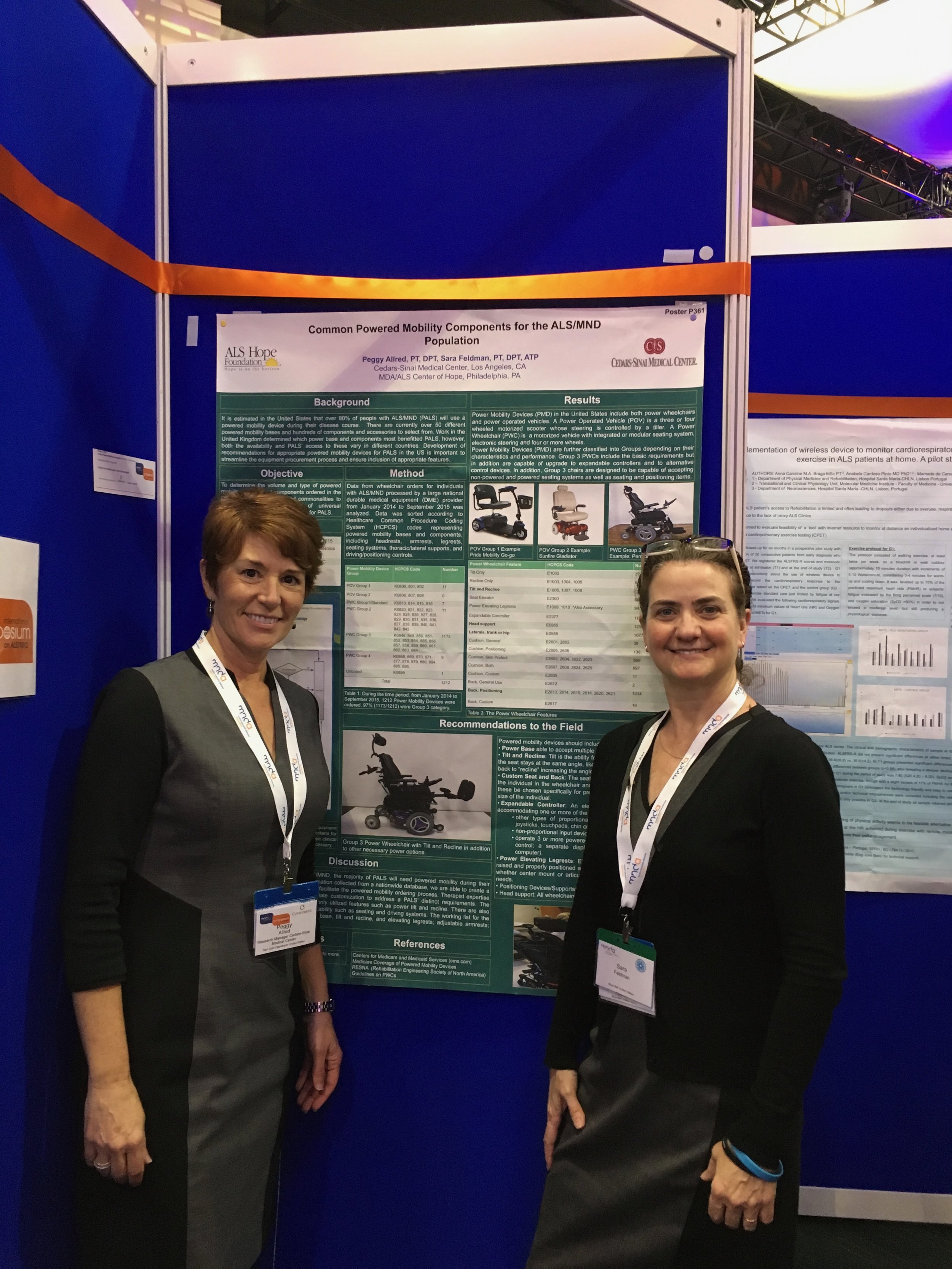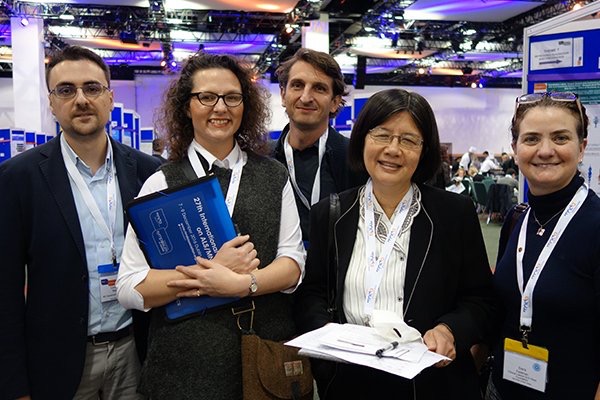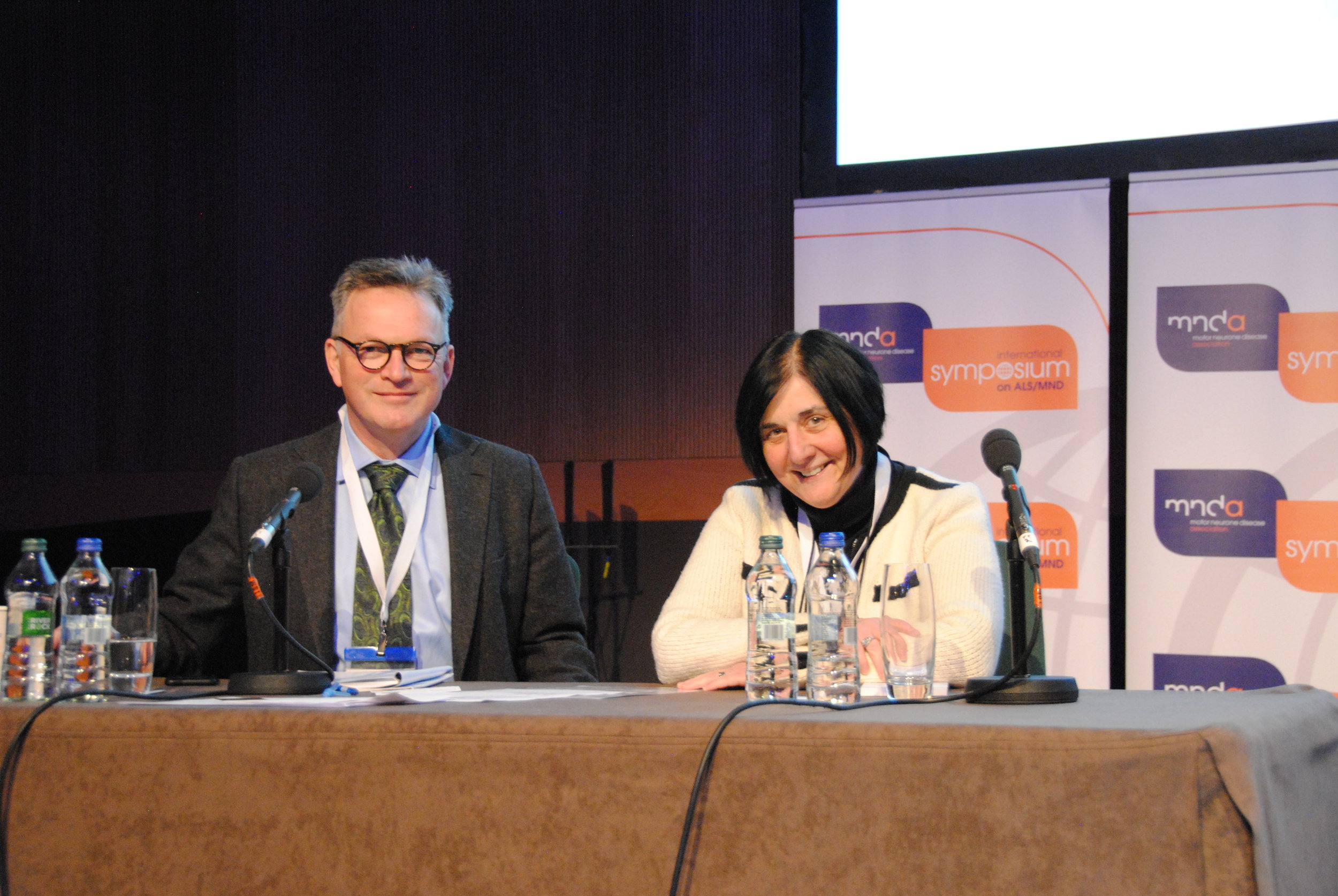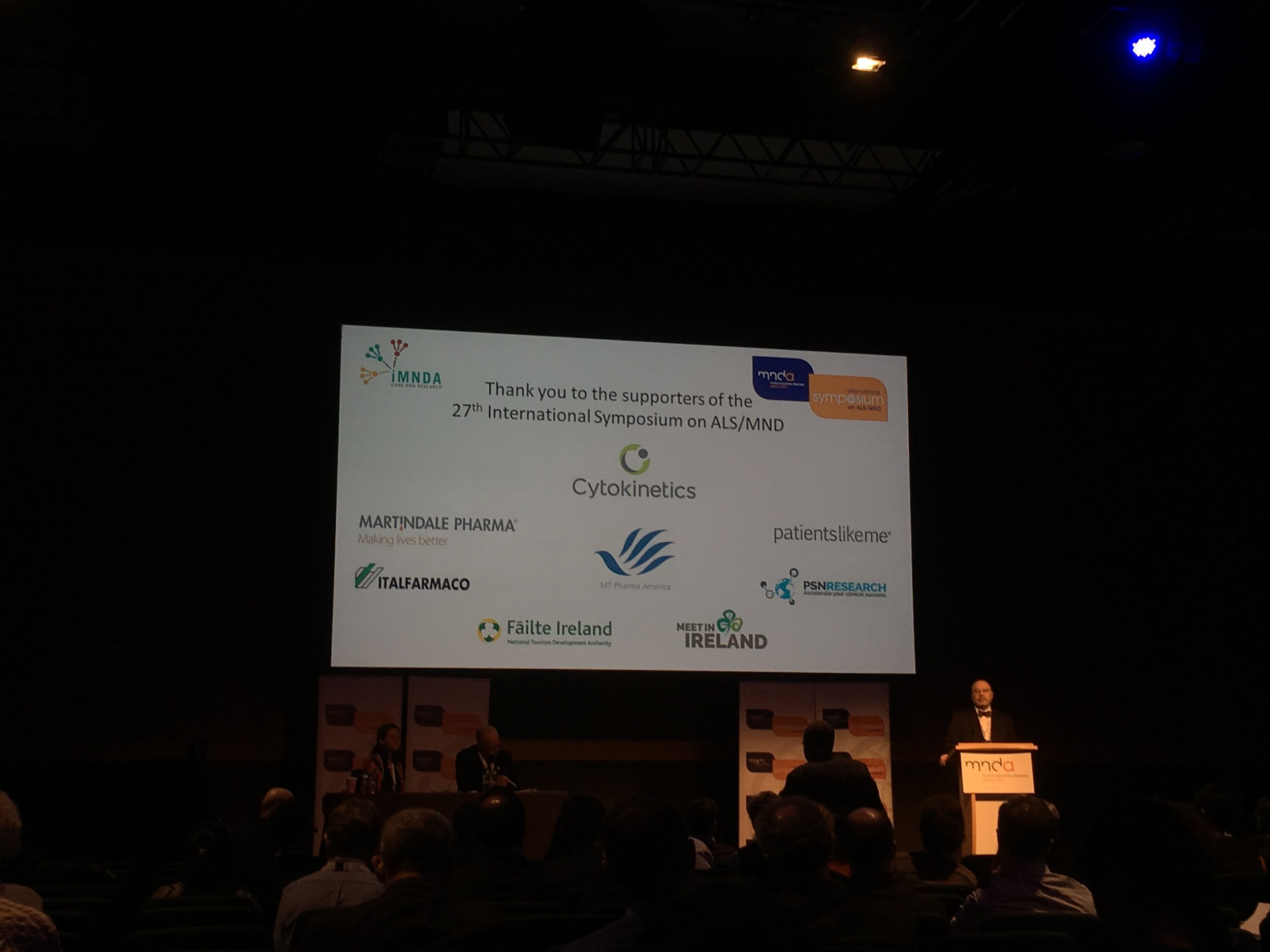Hope Advances - Radicava™ Approved to Treat ALS
/A message from Dr. Terry Heiman-Patterson
On Friday, May 5, Radicava was approved by the FDA for the treatment of ALS. As the first drug approved in more than 20 years, Radicava gives hope to our entire community - clinicians, researchers, and people with ALS - that we are making progress in slowing down this disease. Our dream is to stop it in its tracks.
The trial history of Radicava in Japan (trials narrowed their focus to study PALS early in disease progress) shows us the value of exploring responder groups in studies of new drugs. The fact that testing was focused on a subset of PALS does not mean that the drug does not work in others, but simply allows us to detect an effect that might otherwise have been missed.
This is fast becoming the age of individualized medicine. It will require that we understand disease mechanisms and individual differences in active disease processes and use this information to target drugs to PALS that we predict will respond. The discovery of ALS biomarkers (measurable, physiological signs that change as the disease progresses) will be critical to this process. This underscores the importance of ongoing efforts in the research community to collect tissue samples and DNA to define individual differences between PALS so that we can enhance our understanding of this complex, heterogenous disease.
We are on the precipice of major breakthroughs! This is clearly a time for celebration of the approval of Radicava and a new era in ALS therapeutic development.
Both the FDA and MT Pharma America are to be commended for their commitment to ALS and to accelerating the drug approval process. The MDA/ALS Center of Hope at Temple University will be working actively to set up a process for receiving Radicava once it is available.
For more information, click here.
For questions about Radicava™, please feel free to contact the following services set up by the company:
Searchlight Support™ at 1-844-SRCHLGT (1-844-772-4548)
You can also sign up to receive updates about Radicava™, including when it will be available for your healthcare provider to prescribe at: https://www.radicava.com/patient/
